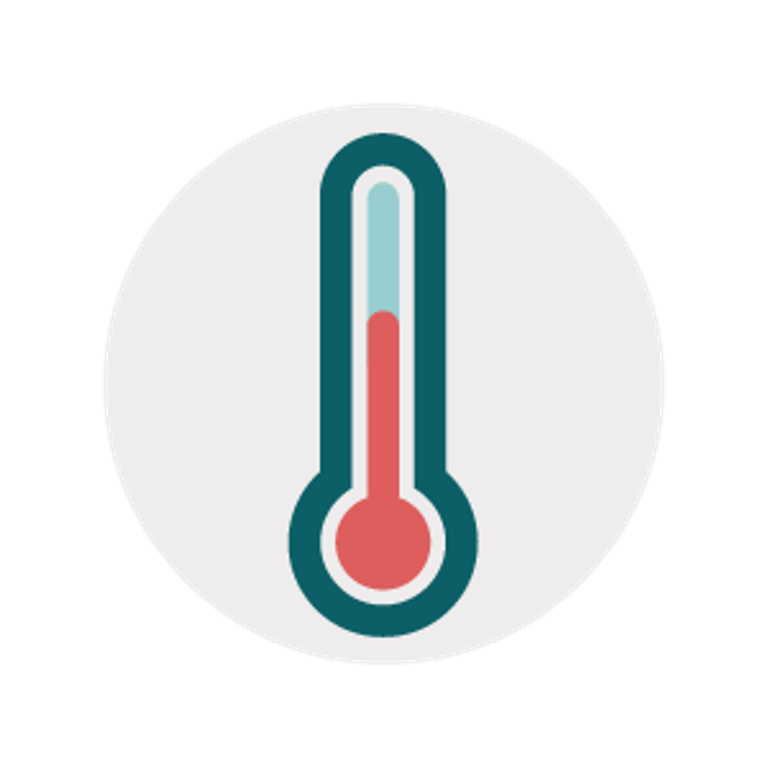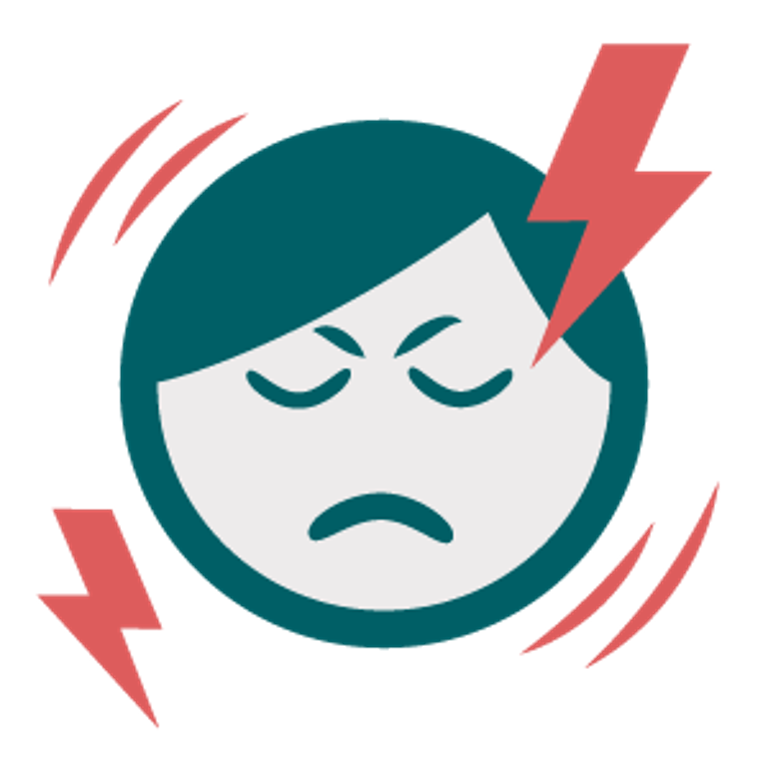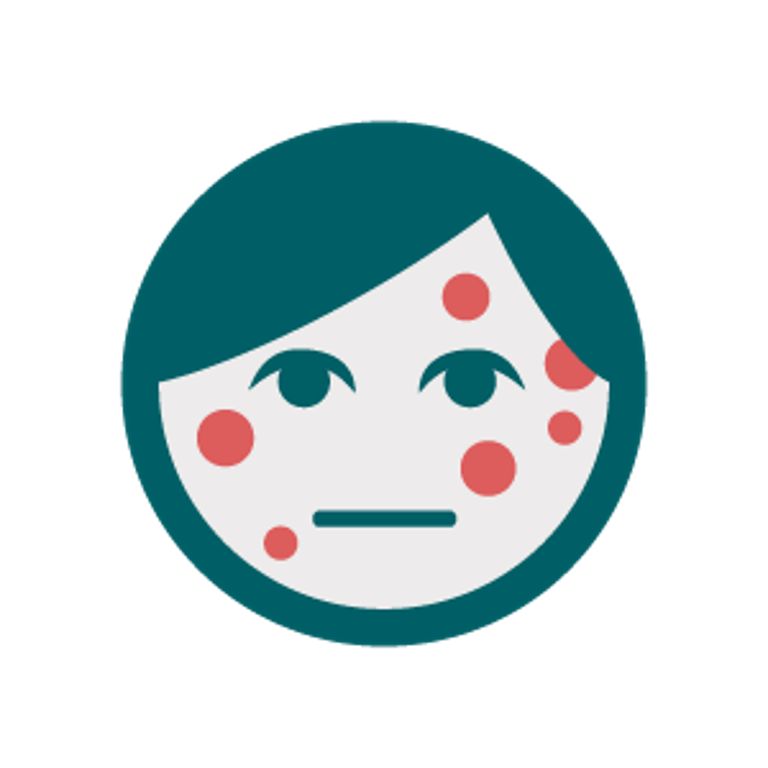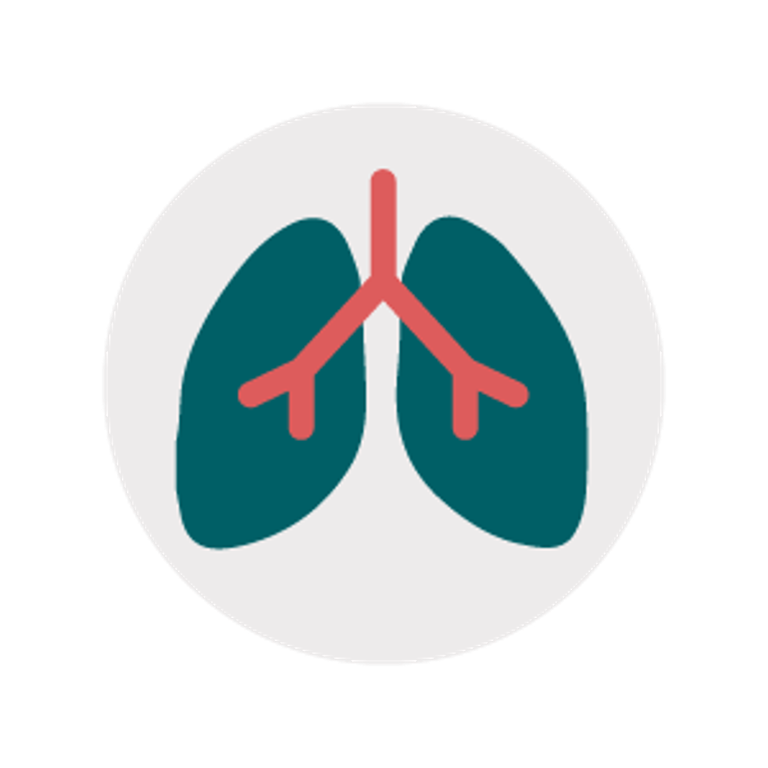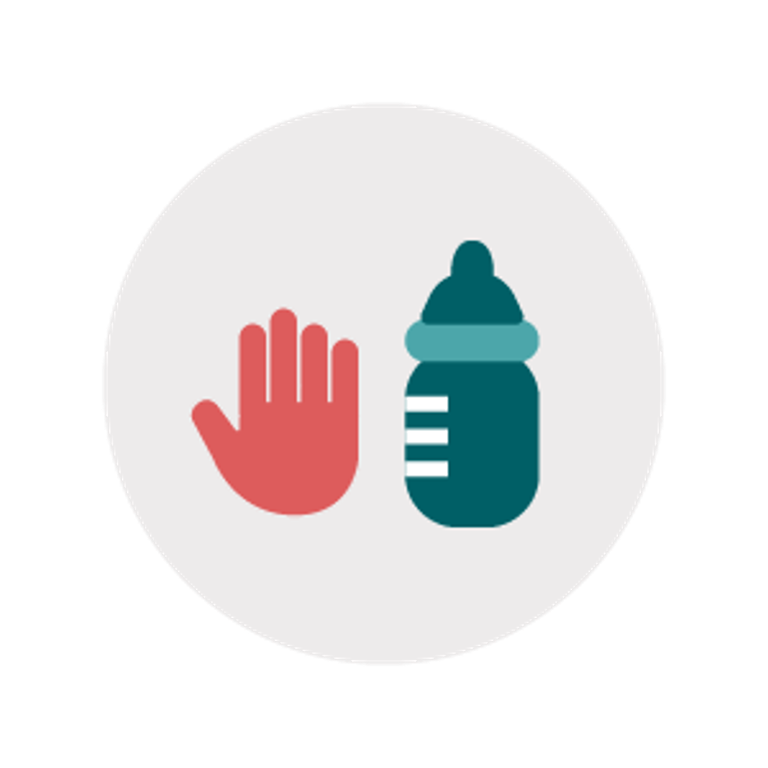Fever in children: When to see a doctor

Most children with a fever have a harmless infection. But many parents start to worry if their child develops a high temperature. Knowing what to look out for can help you decide whether to take your child to the doctor.
If a child has a fever, parents often wonder whether it could be something serious, whether they should take their child to the doctor, or whether they should try to lower the fever. Generally speaking, if you feel unsure and worried, it's better to seek medical advice. Simply calling the doctor’s practice will often already give you the answers you need.
The child's body temperature alone usually isn't enough to know whether you should take them to see a doctor. Other factors are often more important. For instance, many common children's illnesses cause a typical rash as well as fever. If your child has such symptoms, it's a good idea to go to the doctor after calling ahead first. It is also important to seek medical advice if the fever stays high or if the child's health declines further. If a child has a febrile seizure for the first time, you should take them to see a doctor immediately afterwards or call an ambulance.
